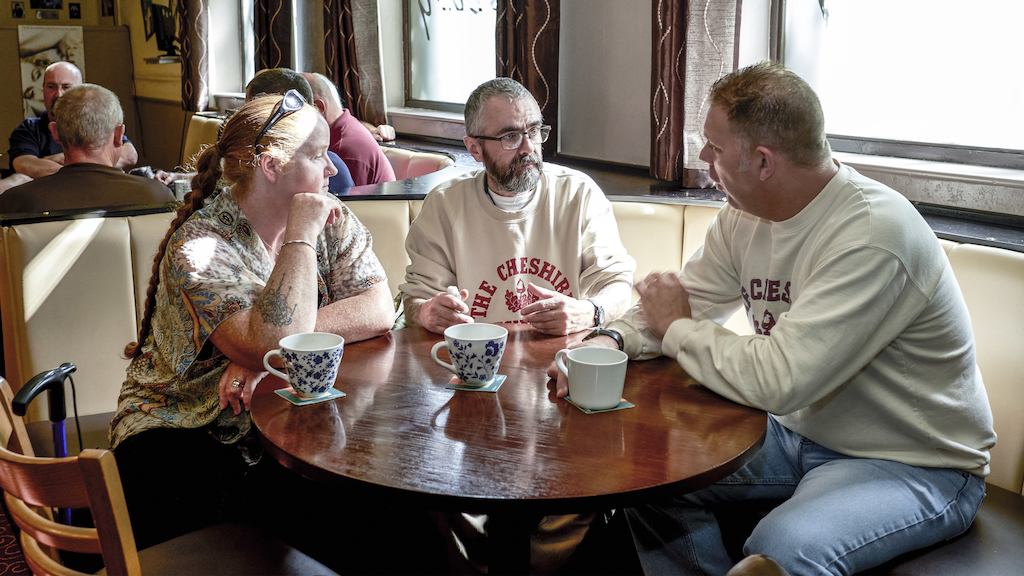For decades, ’midlife’ has been an empty space between youth and old age, filled, if by anything, by a crisis – the ‘Midlife Crisis’. However we now have a better recognition that it is an era of opportunity.
NICE, the National Institute for Health and Care Excellence, says people in midlife are “adults aged 40–64 years” but also emphasises that midlife starts earlier in “disadvantaged populations”. NICE has come to the conclusion that the research evidence is strong enough to recommend to people in midlife that they could take action “to delay or prevent the onset of dementia, disability and frailty in later life”: fantastic news indeed.
While many people are waiting for the new specialty called regenerative medicine to discover or invent the elixir of life which will tackle the ageing process, NICE has made clear that the dreaded conditions of disability, frailty and dementia can be delayed or prevented by our own actions in midlife. Obviously it helps to have been born into a healthy, wealthy environment – probably more important than your genes – but wherever you started you can take effective action in midlife to delay or prevent what we have previously assumed to be the inevitable consequences of the ageing process.
What is needed is to reduce the risk of disease, get fitter and either keep or develop strong social connections and a positive attitude. This attitude is best summed up in the name of a newly launched Oxford company – Spring Chicken, which not only encourages ‘Spring Chickens’ but recognises and supports them in looking after partners or parents who have developed frailty or dementia.
However, health improvement cannot be considered in isolation. It is part of a much broader issue relating to social change, employment problems, negative attitudes towards older people, which affect their own attitudes, and money worries. It is great to welcome the launch of the Centre for Better Ageing which will study and take action to help create a society in which we all enjoy a good later life.
The work of Ageing Better will help everyone to better prepare for and enjoy later life, which includes looking at how we can improve the wellbeing of people in the middle decades. Obviously we need to help people who have dementia or frailty or disability but we also need to help people take action earlier to prevent or delay the giants of advanced old age.
I am excited to see Ageing Better announce its initial priority focus areas and pleased to see an organisation that understands the challenges and opportunities of our ageing society.

